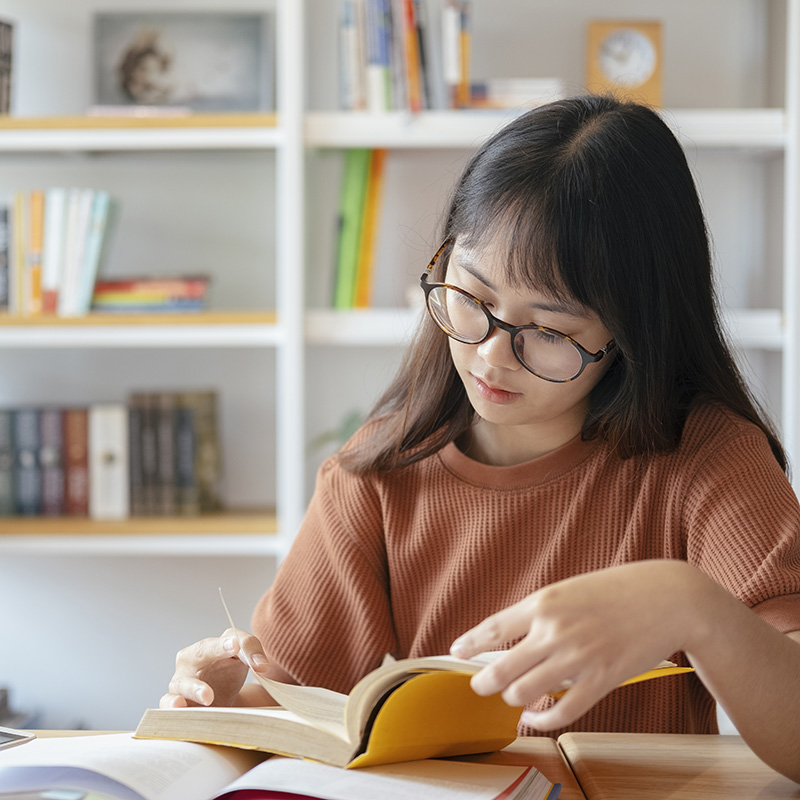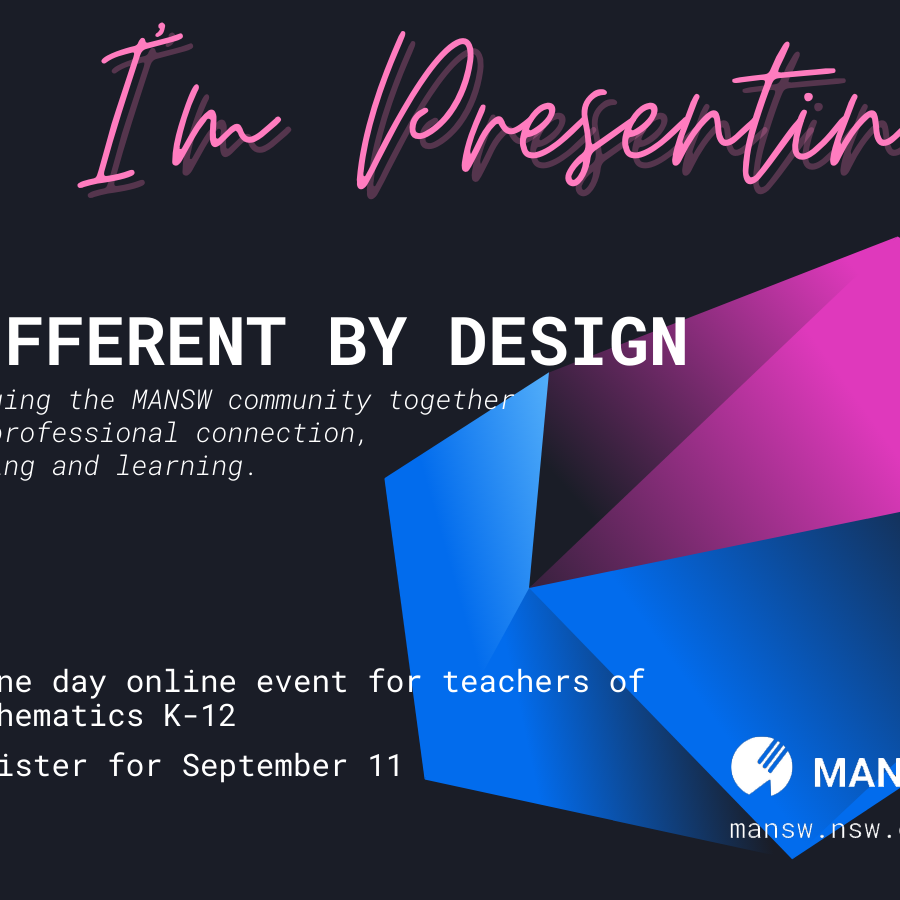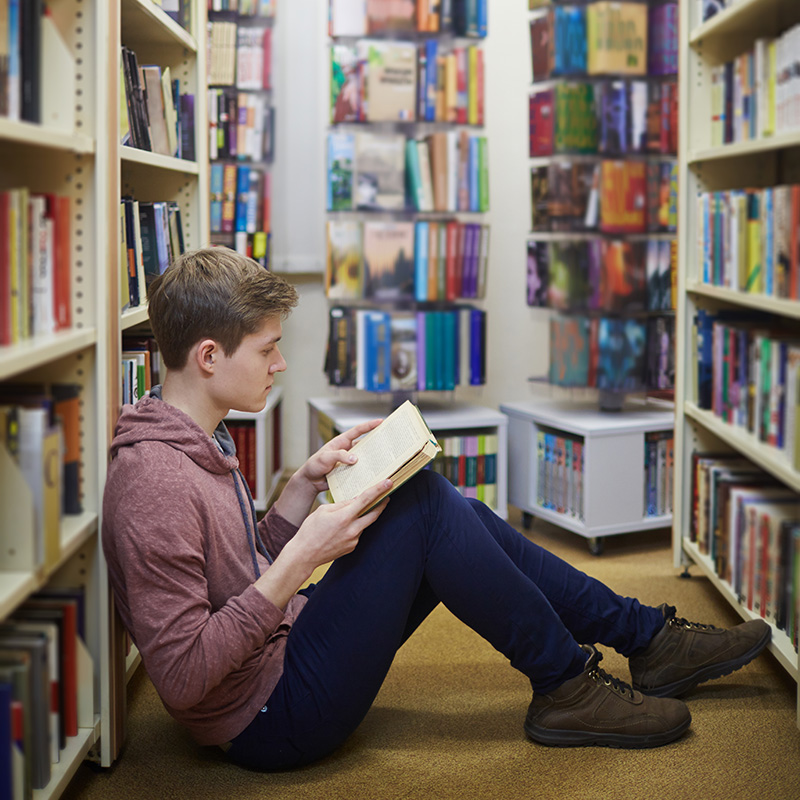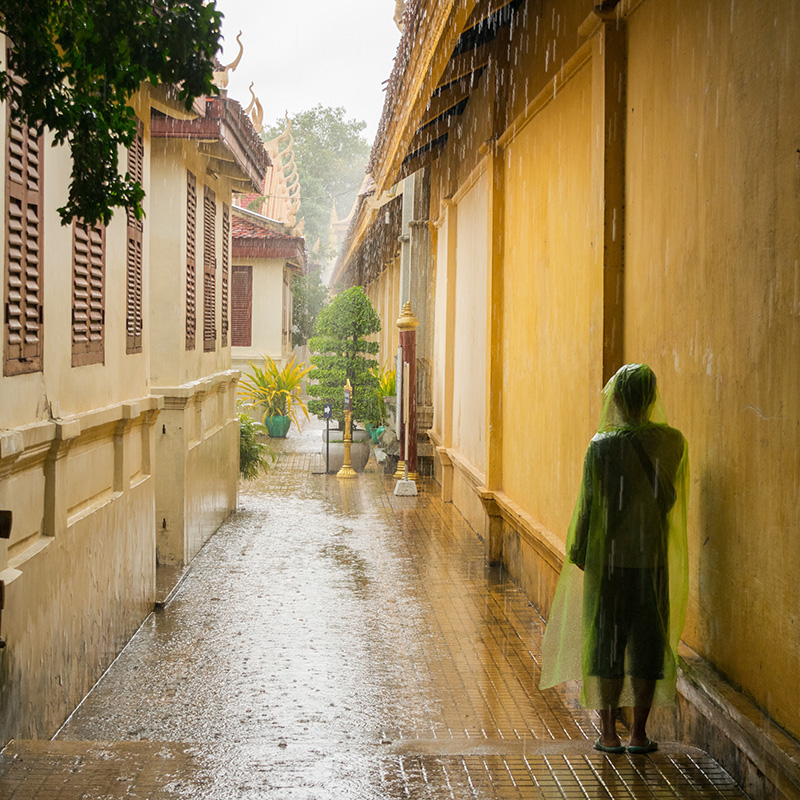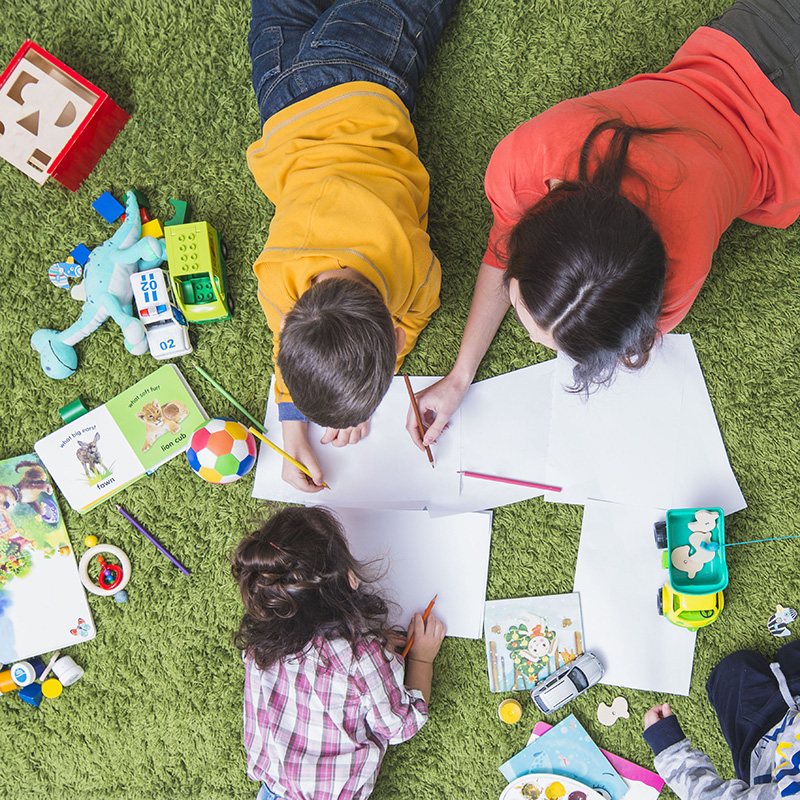Back to the classroom
The COVID-19 pandemic has affected us all. Many members of our school community have been exposed to trauma, and will need care and support during the transition to whatever the new ‘normal’ is. We need to make sure we don’t overload our students (and ourselves) as we return to what has been familiar. In this…


